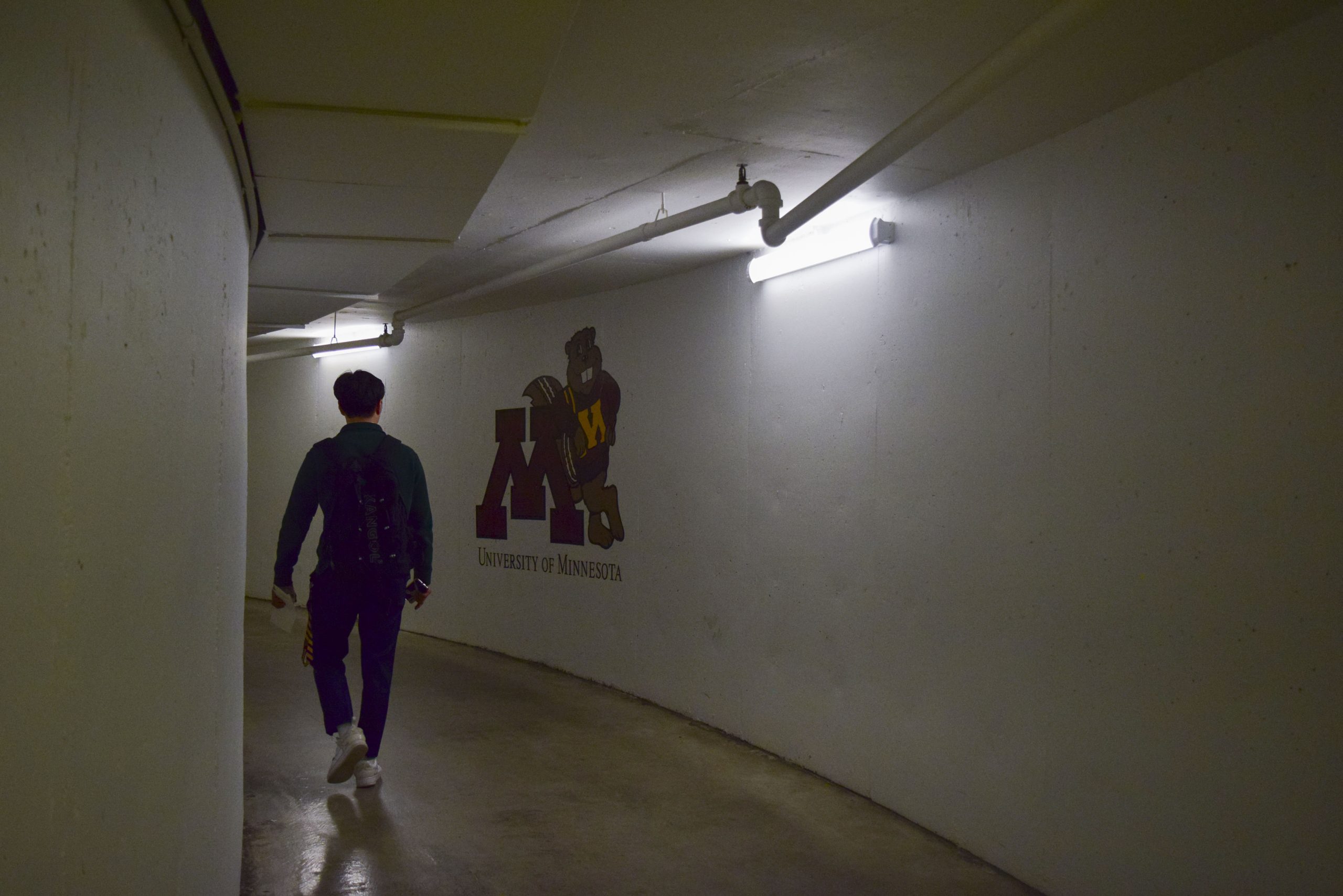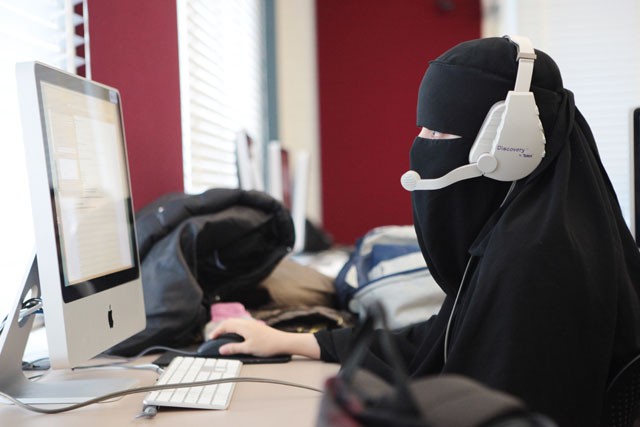The classroom was a mix of race, clothing, language and culture. The instructor looked out at the group of international students and asked if they believed their destiny lay in their own hands.
âÄúWhy else would we be here?âÄù one asked.
Nearly everyone agreed.
âÄúI have the opportunity to make everything I want happen,âÄù Sarman Gultom, 28, an Indonesian native, said. âÄúThe destiny is in myself.âÄù
These students in FridayâÄôs American culture class are just a handful of the hundreds who have benefited from services of the Minnesota English Language Program, a University of Minnesota program to teach English to non-native speakers.
The program, which has doubled in size over the past three years, provides students worldwide the opportunity to improve their reading, writing and oral English skills for a fluid transition into the classroom and workplace.
MELP Director Michael Anderson said when international students first come to the University, it can be hard for them to gauge what level of English will be required in their classes.
âÄúThey underestimate the language load they deal with the first semester,âÄù Anderson said. âÄúThe program is useful to help them navigate around their other courses.âÄù
Aside from boosted confidence and the ability to adapt to the American lifestyle, Anderson said students feel less isolated when their peers are in the same boat.
Circe Saint Louis, a senior from Haiti, began MELP in fall 2009 and said the program not only helped him prepare to pursue his economics major but also laid the foundation to build long-lasting relationships.
âÄúI made really good friends on that program. During the time I spent on campus, it was maybe the best time that I spent at the University,âÄù Saint Louis said in his native French.
Ethnicity breakdown and growth
MELP is divided into three distinct services, assigning students based on their language level. Anderson said 20 to 25 languages are represented within the intensive and academic programs, with the top three being Chinese, Korean and Arabic.
After 9/11, the number of international students studying in the U.S. plummeted, largely due to tighter visa restrictions. The decrease in enrollment forced the University to close the Minnesota English Center.
Since its re-opening as the Minnesota English Language Program in 2007, it has seen an increase of approximately 50 percent in the number of students in the intensive program.
Anderson said as economies and political ties between countries shift, the ethnicities in the program follow suit.
The intensive language program, which does not require participants to be enrolled at a University, boasts the most students at 115. Fewer than five Chinese students were in the intensive program just four years ago, compared to this semester when roughly a quarter of MELPâÄôs students are Chinese.
One-fifth of the students are from South Korea and Saudi Arabia.
Anderson pointed out that one of the UniversityâÄôs main goals is to be one of the premier research institutions in the world.
âÄúOne of our students once said, âÄòHow can we be an international university if we donâÄôt invite the world?âÄôâÄù Anderson said. âÄúWe need to be connected internationally if we want to be a premier international research university. ThatâÄôs why we want to welcome international students here.âÄù











